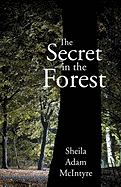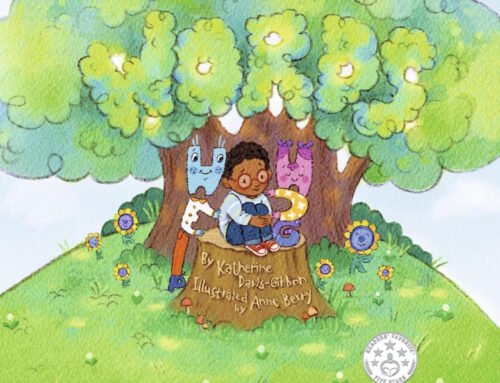 The concept that “Writers should show, not tell,” may be a bit overused. The basic premise of show don’t tell is that you can better inspire empathy for a character if you shows what a particular moment feels like, rather than just saying: He was sad. That sentence will convey nothing if there’s no context illustrating that sadness. However, if a writer is too strict about showing and not telling, there’s the potential to only write around a subject, and this is not necessarily an accurate reflection of how people think or act. It can actually add some unreality to prose – it can seem too written.
The concept that “Writers should show, not tell,” may be a bit overused. The basic premise of show don’t tell is that you can better inspire empathy for a character if you shows what a particular moment feels like, rather than just saying: He was sad. That sentence will convey nothing if there’s no context illustrating that sadness. However, if a writer is too strict about showing and not telling, there’s the potential to only write around a subject, and this is not necessarily an accurate reflection of how people think or act. It can actually add some unreality to prose – it can seem too written.
So it’s just fine to mix in direct language once in a while because it’s a closer reflection of human behavior. But then comes a novel like The Secret in the Forest, which is a case almost entirely of telling and not showing, and you come to realize the importance of this basic writing concept. Because if you’re never letting your reader get into the skin of the characters, there will be a limited sense of drama, suspense or empathy. Plainly, the book won’t work.
In a young adult novel, this might not be as much as a problem, as kids are less-savvy readers. But this doesn’t give enough credit to kids. They may not know exactly why they are not getting into a book, but it will still be apparent. So while the basic premise of The Secret in the Forest is interesting – kids discover a body in the forest and must solve the crime on their own – it is very hard to feel any sense of danger or urgency for these kids. Just saying, “They were scared,” isn’t going to cut it.
This problem starts in the opening of the book and doesn’t let up:
Thirteen-year-old Jonathan Taylor sprung off the blacktop to launch a shot at the basketball hoop that stood beside the garage door. The ball bounced off the rim. He soared to capture the missed shot and this time he scored.
“Way to go, Jonny!” shouted Buzz Cameron to his best friend as he cornered his bicycle and rode up the driveway. “What a shot!” He leaned the bike against the white picket fence that enclosed the front yard, just in time to catch the ball Jonathan fired at him. “What’s up?”
“Nothing much,” Jonathan pushed back a strand of straight, black hair from his forehead. “Hey, did you hear about the hunter who disappeared in the forest yesterday?”
This is a pretty abrupt way to introduce the crux of the story. There is very little set-up in terms of what type of person Jonny might be and why he might be interested in the story about the hunter. Why start with the basketball shot – why’s he playing basketball: to forget something that’s bothering him, does the missed shot bug him, or is he getting better at the game? And what’s his relationship with Buzz – is Buzz normally supportive or is this a new thing? Those aren’t the only things that could give some depth to that scene but it’s just to show that in this scene there’s all detail and no purpose – there’s no inner life to the characters, no backstory. And so when it abruptly jumps to mentioning the hunter, you’re not invested in how these characters might react to it.
Unfortunately, the entire book is like this. It’s just very difficult to be invested in characters that don’t really display an inner life. There’s far too much dialog and action, not enough reflection. Normally, a lack of dialog can be a detriment to a novel moving along. But here it has the opposite effect. If you don’t understand the motivations of the characters, any dialog is going to fall flat. It’s just two people talking with limited context.
I’m not usually one to call out the rules of writing in a review, but it was very hard to get involved in this story and I kept wondering why. If you read that excerpt, the writing itself is clean and well-constructed. There’s just little sense of history, motivation, or context throughout the book to compel you to feel what the characters are feeling. As a result, there’s a limited amount of suspense in what is designed as a suspenseful book. In short, it’s hard to care about characters when you’re just getting a lot of information about what they’re doing, not why they’re doing it. You can say that they’re afraid or excited, but unless you make the reader feel those emotions, a book is mostly a collection of words.
Get an Editorial Review | Get Amazon Sales & Reviews | Get Edited | Get Beta Readers | Enter the SPR Book Awards | Other Marketing Services






















I actually like this kind of writing, it’s like reading a screenplay without all that int/ext formatting. I usually skip lengthy passages about feelings and inner life anyway.